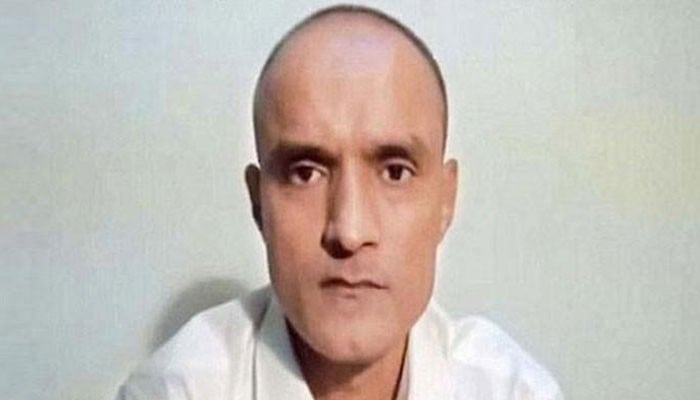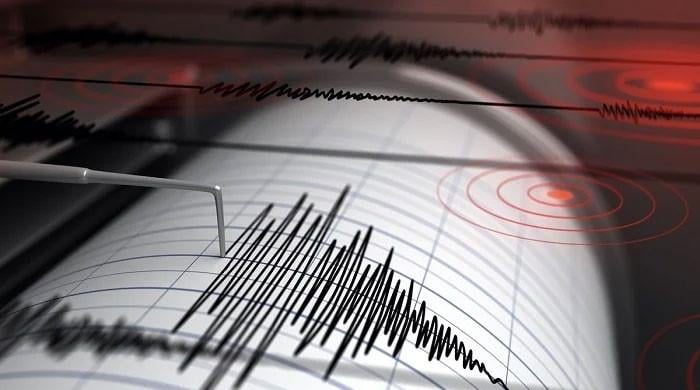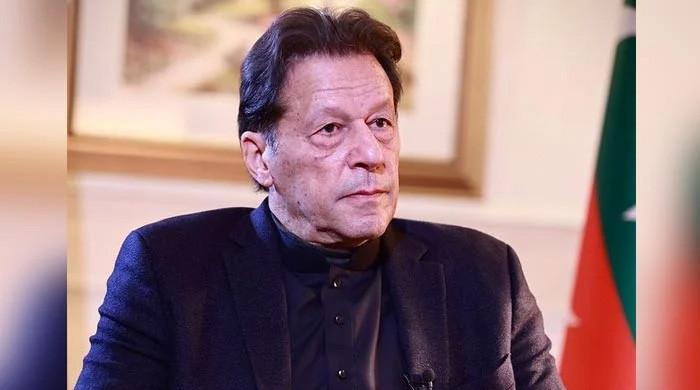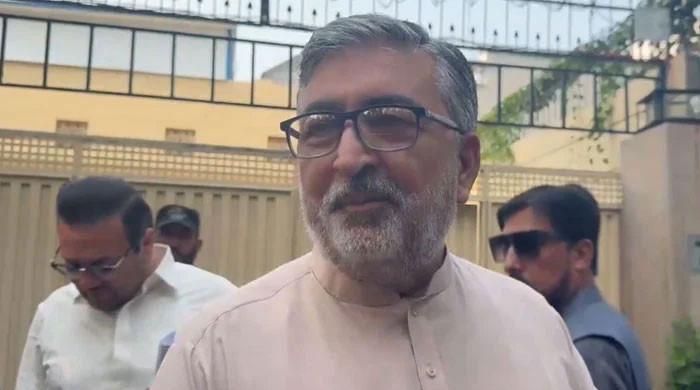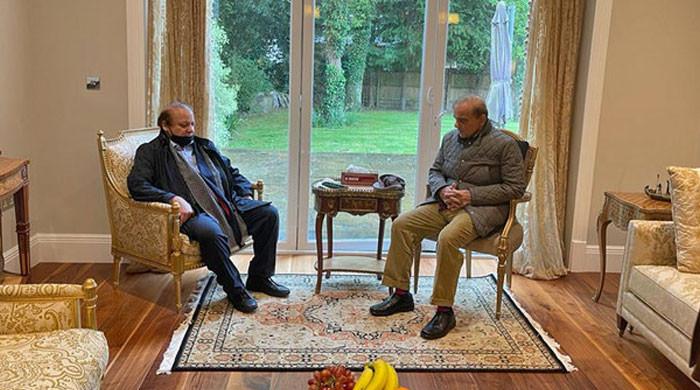India to submit reply to ICJ in Jadhav case today
Pakistan will submit its rejoinder to India's reply by July 17
April 17, 2018
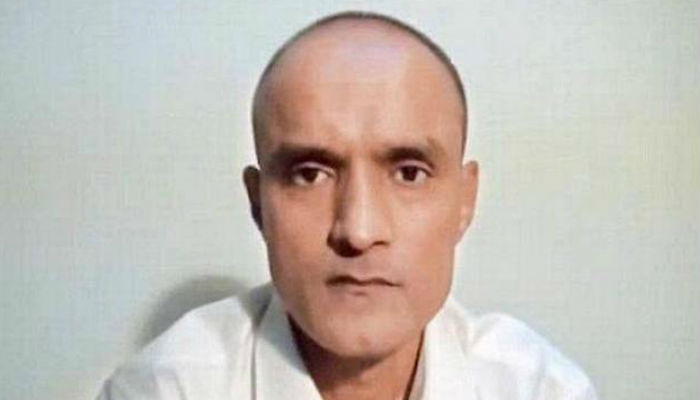
HAGUE: India will submit its reply to the International Court of Justice (ICJ) in the case of convicted Indian spy Kulbushan Jadhav today (Tuesday).
On January 23, ICJ had directed India to submit its reply today. Additionally, the court also instructed Pakistan to submit its rejoinder in the case by July 17.
India had submitted its pleadings to the ICJ on September 13, last year. The Indian stance was dismissed by Pakistan in its counter-pleadings, which were submitted on December 13.
In its counter-memorial, Pakistan had stated that Jadhav is not an ordinary person as he had entered the country with the intent of spying and carrying out sabotage activities.
The reply also stated that Jadhav, who was a serving officer of the Indian Navy, does not fall under the purview of the Vienna Convention.
Commander Jadhav — an on-duty Indian navy officer working for Indian covert agency Research and Analysis Wing (RAW) — was arrested on March 3, 2016, from Balochistan, after he entered into Pakistan from Iran.
Jadhav was tried in a military court which sentenced him to death for espionage and subversive activities.
In a reaction to the move, Pakistan’s relations with neighbouring India tensed, and New Delhi approached the ICJ to hear the case.
India had moved the ICJ to give it six months to file pleadings in the case, which the United Nations’ judicial organ had turned down in June this year.
On May 18, the ICJ ordered Pakistan to halt the execution of Jadhav until a final decision was made in the proceedings.
"Pakistan shall take all measures at its disposal to ensure that Jadhav is not executed pending the final decision in these proceedings," ordered Judge Ronny Abraham, president of the court, as he announced the decision.
